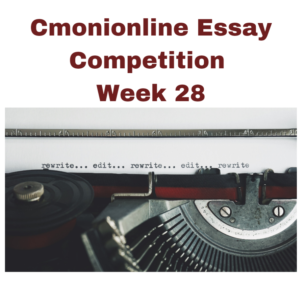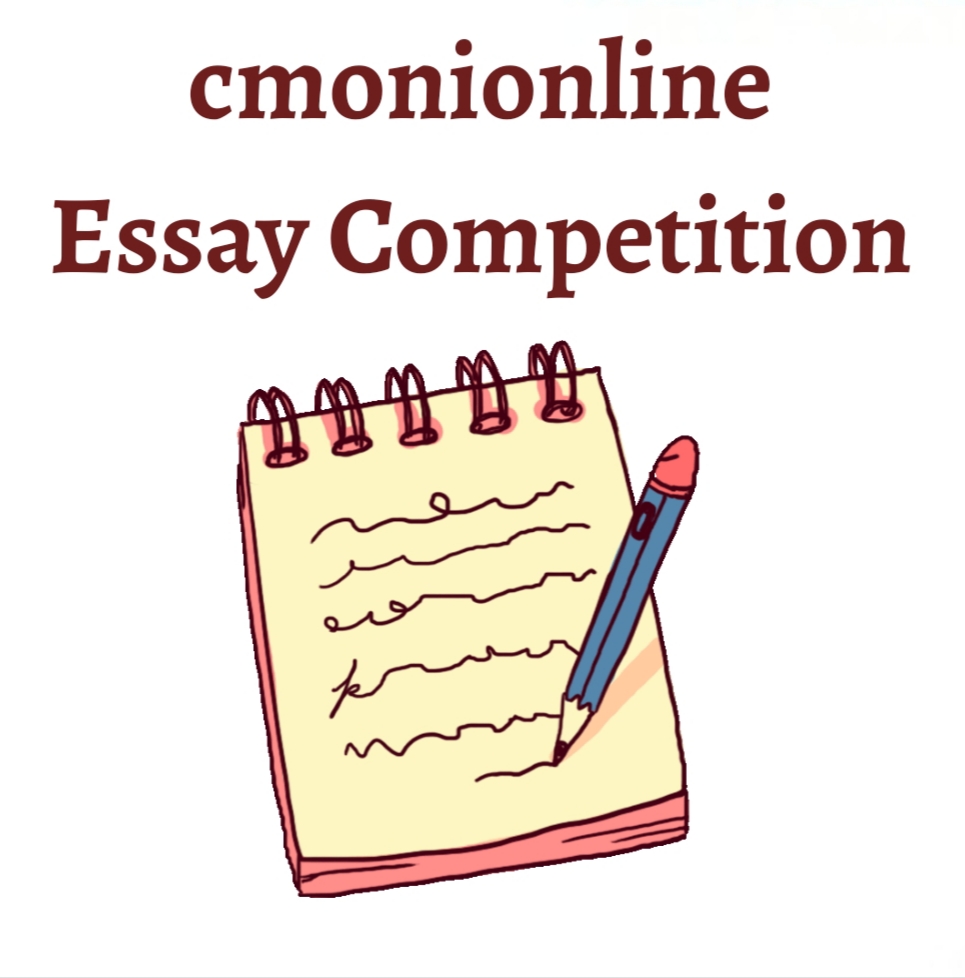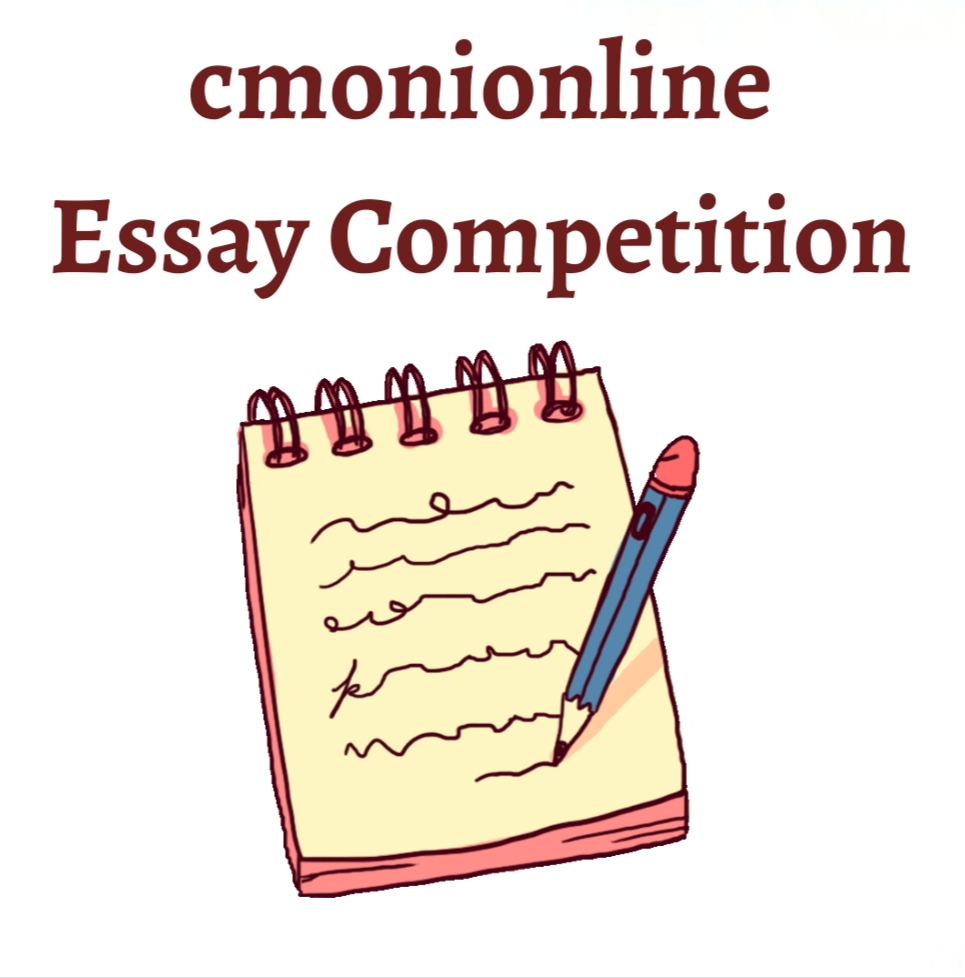Abstract:
‘Akinyele come!’ A trembling voice with fear crocked out from the sitting room. ‘What again this time’, the poor boy Akinyele who was only sixteen muttered silently as he approached the sitting room with all curiousness. ‘Your father is dying!’ Temi screamed out, holding her husband lifeless body on the ground with tears scrolling down her eyes. Go to the room, take some money and rush to Peter’s pharmaceutical store and buy drugs for your father, Temi instructed Akinyele. This time, Akinyele was more swift, running to the pharmaceutical store like one who is about to be slaughtered and is graving for his dear life. Within a couple of minutes, Akinyele quickly got to the pharmaceutical store like one who was being chased by a lion. ‘Sir Peter’, Akinyele shouted, moving his eyes swiftly in search of Peter. Without much hesitation, Akinyele sited Pharm Peter. ‘’How are you my boy?’’ Pharm Peter asked Akinyele as Akinyele began walking towards the direction he was. With no much gesture and response, Akinyele responded with fear and trembling, stammering like a child who just learnt how to talk, ammm….fi…fine Sir. What brings you here my boy? Pharm Peter asked. Ma…….my……my father Sir, Akinyele responded with a cracking and stammering voice. What’s actually wrong with him? Pharm Peter asked. I don’t know, he just suddenly slumped, Akinyele responded. Did you say slump? Yes Sir! Akinyele responded with all boldness. ‘’Come and take this drug.’’ Pharm Peter said as he began writing prescription on a piece of paper. Without wasting much time, Akinyele paid and carried the drug alongside with the prescription for the drug which Pharm Peter wrote for him. On approaching home, Akinyele realized that he won’t be able to read the prescription that Pharm Peter gave him and thought of gazing the quantity of drug to give his father because his mother too couldn’t read. That was how the poor boy killed his father due to overdose.
Oxford Advance learner’s Dictionary, defined illiteracy as the inability to read or write. Illiteracy goes beyond not being able to read and write and hence, necessary precautions should be taken to disrupt the growth of illiteracy in a nation.
Introduction
The need to increase the level of educational opportunities and attain a greater number of literate individuals across Nigeria as a whole, has become a topic of controversial over the past years. It is quite astonishing that for over 60 years, the many problems which Nigeria faces have been lingered unresolved. A vast majority of the well-known problems ranges from the prevalence of illiteracy in Nigeria, to the tremendous growth of extreme poverty and high rate of unemployment in Nigeria coupled with other variables such as political instability and rising waves of conflict. However, such problems have made Nigeria like a vehicle struggling to climb a hilly road and has yet to achieve its potential.
The high rate of illiteracy in Nigeria is becoming increasingly remarkable and as such, given rise to other social issues such as poverty and unemployment and has even increase the rate of high mortality as in the case of the father of Akinyele in the above story. According to the report given by UNESCO, about 25.6% adult males and 40% adult females are illiterate. Almost two out of every three adults in the Northern region of Nigeria are uneducated. This statistic is quite astonishing and has given rise to the question as to why there is a high rate of illiteracy in Nigeria? However, certain traditions, religion and culture of the people opposes and gives no room for Western education and in some culture is forbidden for a particular sex or gender (usually females) to be educated; for instance, in the muslim religion, it is forbidden for females to be educated, and such increases the predominance of illiteracy in Nigeria.
Our present day society has trimmed employment as a big ordeal, then imagine if you couldn’t read or write. While this may seem unimaginable for many of us, illiteracy and low level of education are contributing to the alarming rates of global unemployment and poverty. The linkages among education, poverty, unemployment, income inequality and economic growth in developing economies have been discussed in many studies with empirical controversies. Accordingly, there is however, a need to critically examine the relationship between literacy rate and incidence of poverty in Nigeria, with a view to derive implications for policy direction. In concrete terms, this theoretical complementary seek to examine the significant relationship that exist between illiteracy rate and incidence social problems in Nigeria.
Almost 200 million people worldwide are unemployed and about 120 million individuals out of the 200 million individuals are poorly uneducated or are illiterate. In Nigeria, almost four out of every six unemployed youths are poorly uneducated. One of the thorny issues usually discussed by Nigerians is the issue of youth’s unemployment and illiteracy. It has become a burden to Nigeria state because the productive youths of any state are future of that state; denoting that if the productive youths are wasted through any means, the hope of such a state is dashed. Indeed, the youths hold the security network of any state not only being enlisted in the military or any paramilitary force for the defence of state, but in the productive sectors such as food and its security, environmental security among others.
One of the determinate of the progress of every nation is the ability of the nation to disrupt insecurity. The national insecurity in Nigeria is on an alarming stage and thus, has become a hydra headed monster which security agents in Nigeria appear incapable of handling. The undisrupted fact is, national insecurity is caused by the failure of the national government to address the special needs of its people. Such needs include hunger, poverty, illiteracy, unemployment, inequality, injustice among others. However, the issues of poverty, hunger, illiteracy, unemployment are interwoven because one aspect may be responsible for the manifestation of another.
Conclusion:
In conclusion, the many socialital problems which have been lingered unresolved in Nigeria such as poverty, unemployment, national insecurity and low standard of living are stimulated by the prevalence of illiteracy in Nigeria. The ability to rapidly disrupt illiteracy in Nigeria, is a major step or rather key in reducing the the many socialital problems in Nigeria.
Opara Udochukwu Kingsley, a 100 level medical student of Alex Ekwueme Federal University of Ndufu Alike Ikwo (AE-FUNAI) Ebonyi state wrote in from oparaudochukwu277@gmail.com








